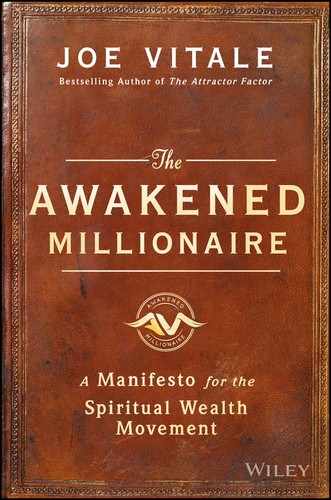9
The Forgotten Penney
I resolved to stop accumulating and begin the infinitely more serious and difficult task of wise distribution.
—Andrew Carnegie
1902. A small town in Wyoming with a population of only 3,000. They were mostly miners. They made little money, and what money they did get was infamously spent in all the wrong places.
There were 22 saloons in this small town, willing to take the miner's hard-earned money on credit. This town showed little opportunity to the eyes of an entrepreneur. Yet, one aspiring entrepreneur had a passionate vision for his town, despite all the cards stacked against him.
Mr. Penney was a deeply religious man, raised by a Baptist preacher who taught him self-reliance as a young child. When he was eight, his father told him he would have to earn his own money for anything he wanted. Self-reliance was etched into him from an early age. This strict upbringing and early training in self-reliance made him sensitive to the needs of others.
As an adult, he was poor himself, with a wife and child to feed. But he had a mission. He wanted to open a store selling clothing at a discount, so that the people of his town could afford the quality clothing they deserved. No one believed he could pull it off. Every business owner, banker, and most of his family and friends questioned his sanity. On paper, his chances for success were dismal.
But this was his passion, and he used this self-reliant determination to take himself as far as he could go, whether it was an empire or a train wreck.
His name was J.C. Penney. His store? It was called the Golden Rule: Do unto others as you would have them do unto you. This was the philosophy he built his entire business model on.
His first store was a one-room frame building located between a laundry and a boarding house off the main business district in town. He and his family lived in the attic over the store. The store was furnished with shelves made from packing crates.
Unlike the 22 saloons in town, and plenty of other businesses, he refused to take credit on moral grounds. Everyone thought he was fit to fail. Yet, he made $466.59 his first day. His first year totaled $28,898.11.
To him, the Golden Rule represented more than just a marketing strategy. It was his spiritual conviction shared with the world. It became the credo of his business. He insisted on offering customers quality merchandise at the lowest possible prices. He loved people, was deeply religious, and made the people who ran his stores partners, not employees.
The strategy and the vision worked. People loved it.
At the end of 1912, there were 34 Golden Rule Stores with sales exceeding $2 million.
In 1913, the chain incorporated under the laws of the state of Utah as the J.C. Penney Company, Inc. Penney himself was opposed to the new name. He didn't like that it was all about him. But more importantly, it hid one of the founding pillars of his passionate rise to success.
His partners outvoted him. Yet still, Penney, the company and the man, maintained their spiritual vision to serve people.
In 1913, his company mission statement was:
To serve the public as nearly as we can to its complete satisfaction.
a. To expect for the service we render a fair remuneration and not all the profit the traffic will bear.
b. To do all in our power to pack the customer's dollar full of value, quality and satisfaction.
c. To continue to train ourselves and our associates so that the service we give will be more and more intelligently performed.
d. To improve constantly the human factor in our business.
e. To reward men and women in our organization through participation in what the business produces.
f. To test our every policy, method and act in this wise: Does it square with what is right and just?
Penney fought offering credit to his customers until the end when his partners eventually outvoted him. Penney didn't want to make a profit at the expense of his customers' well-being.
Nonetheless, Penney's disastrous business idea turned into a personal fortune of $40,000,000—even though his business model was not focused on profit.
He devoted his life to helping others, and not just with his stores.
In 1923, Penney established a 120,000-acre experimental farming community in northern Florida named Penney Farms. Some 20,000 acres were subdivided into small plots where industrious, moral, but economically destitute farmers could live and work until they could rebuild their lives.
In 1954, Penney established a second charitable foundation, the James C. Penney Foundation, which remains active today. This family foundation supports organizations addressing issues of community renewal, the environment, and world peace.
Awakened Millionaires don't just have missions. They want good for everyone they touch along their journey—from the people who receive their services, to the people who they employ.
Money does not just flow to Awakened Millionaires. It flows through them, and back into the world. This is a key part of the cyclical relationship in which soul and money beget more of one another.
Penney once said, “Give me a stock clerk with a goal and I'll give you a man who will make history. Give me a man with no goals and I'll give you a stock clerk.”
J.C. Penney was an Awakened Millionaire in every sense. He was stalwart in his convictions, dedicated to his cause, and devoted to a single entity. Not profit, not his own self-interest, not the demands of his investors, but those he chose to serve. His mission.
